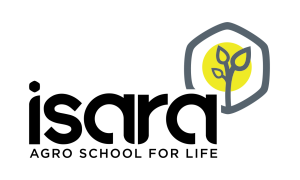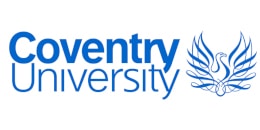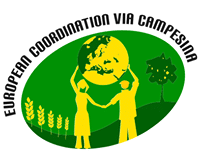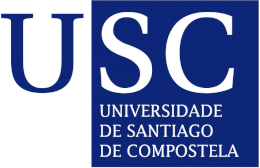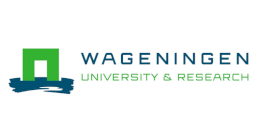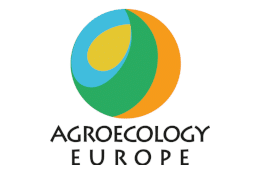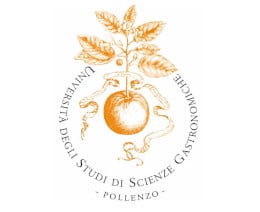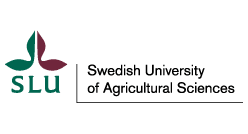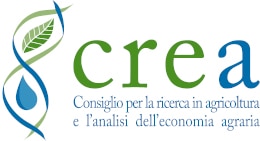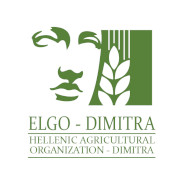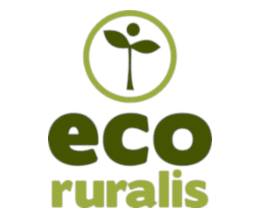ECVC member organisations developed and carried out three training programmes in order to foster the agroecological transition in Europe during the AE4EU project. The training programmes were designed to reflect the vision of peasant agroecology[1] and the Nyéléni Declaration of the International Forum for Agroecology’s (2015)[2] vision of learning agroecology.
The guidelines are based on the theoretical knowledge, practical experience and exchanges that should be included for efficient training on the transition to agroecology. Furthermore, the guidelines emphasise a strong focus on the grassroots level, Peasant to Peasant (P2P) methodology and the “diálogo de saberes” or “dialogue between ways of knowing” as an educational approach with different practical activities (meetings, seminars, individual reading, exchanges of experiences, field visits, etc.). The guidelines propose to use Peasant to Peasant (P2P) methodologies centring principles of horizontalism, peer-to-peer learning approach and participation.
Training and learning are infinite processes of permanent production and dissemination of new knowledge that come from sharing different opinions and ideas and from encounters between these ideas and reality.
Due to its knowledge-intensive character, agroecology combines traditional, indigenous, peasant and experiential knowledge with elements of modern ecological, social and agronomic science, creating a dialogue of wisdom from which principles for designing and managing biodiverse and resilient farms may be derived.
These Training Guidelines work towards systematising agroecological insights and experiences to provide improved, efficient and transformative agroecological training programmes across Europe.
Peasant farmers, agricultural workers and other rural peoples are recovering their land and territories and preserving their culture and way of life on a daily basis. Those who are committed to defending the Earth and feeding people, who carry out or desire to carry out peasant agroecological farming are the key actors constructing food sovereignty.
Peasant farmers are considered the main stakeholders who potentially will participate in future training programmes on agroecological transitions. We hope these guidelines on peasant agroecology training will encourage and make the path easier for peasant farmers organising agroecology training programmes focused on fostering the agroecological transition, and contribute to their advocacy efforts for furthering peasant agroecology and small-scale agroecological farms.
[1] https://www.eaken.eurovia.org/peasant-agroecology-according-to-ecvc/
[2] https://www.foodsovereignty.org/wp-content/uploads/2023/10/Declaration-Agroecology-Nyeleni-2015_EN.pdf


 #6 AE4EU Newsletter – October 2023
#6 AE4EU Newsletter – October 2023
